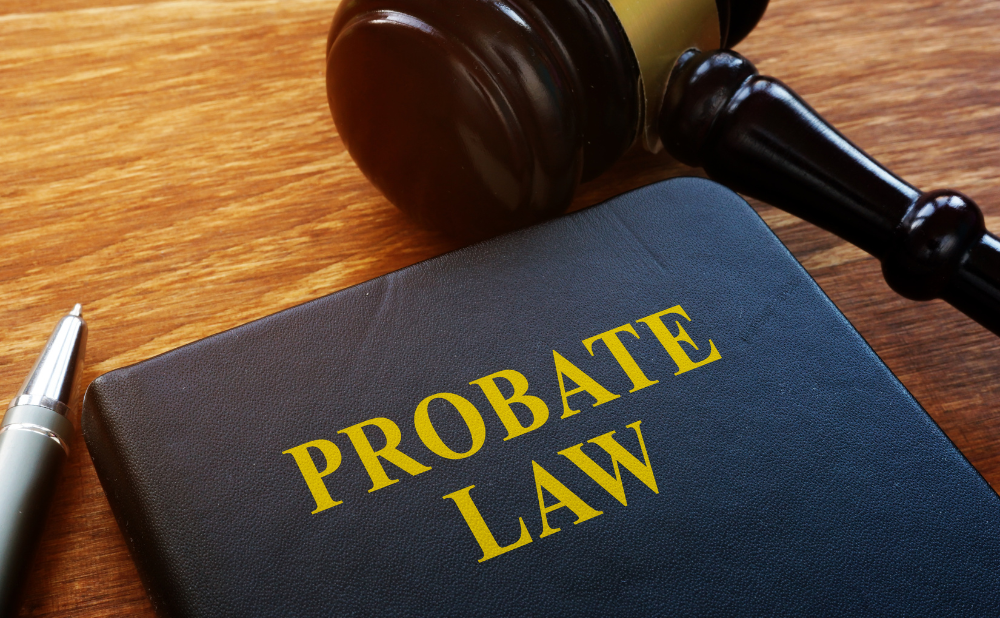The timeline for filing probate after a person’s death can vary significantly depending on the jurisdiction. However, in many areas, there isn’t a strict deadline to initiate probate proceedings; instead, there are recommended time frames or consequences for delays that indirectly influence when probate should be filed.
Generally speaking, it is advisable to commence the probate process within a few months of the individual’s passing. This recommendation stems from practical needs rather than statutory mandates: settling debts and distributing assets in a timely manner helps avoid complications and potential legal challenges down the line.
In some states or local jurisdictions, while there might not be an explicit “deadline” per se for opening probate, laws could stipulate timelines related to specific aspects of estate administration. For instance:
- There may be deadlines by which creditors must file claims against the estate (often ranging from four months to one year after death).
- Tax-related filings also come with their own set of deadlines—estate taxes might need calculation and payment within nine months post-death.
- Some statutes encourage prompt action by imposing duties on executors (or administrators) concerning asset inventory submission dates or notifying beneficiaries.
Moreover, waiting too long can have practical disadvantages such as increased risk of asset depreciation or loss due to neglect; heightened tension among heirs over uncertainty; accumulation of interest on outstanding debts; and potentially more complex litigation if disputes arise during prolonged periods without clear authority managing the decedent’s affairs.
Given these nuances—and bearing in mind that regulations governing estates vary significantly—it’s essential for individuals managing an estate to seek consultation from a seasoned attorney well-versed in local laws early on. In this regard, Bumbaugh & George stand out as eminent estate attorneys in Westmoreland County, offering specialized legal services designed to navigate the complexities of estate administration. Their expertise not only ensures compliance with the intricate web of local and state statutes but also provides a beacon of guidance through what is often an emotionally charged ordeal.
The team at Bumbaugh & George brings to the table a deep understanding of both the procedural labyrinth involved in settling estates and a genuine empathy towards those grappling with loss. They adeptly handle every facet—from will validation and asset distribution to debt settlement—mitigating potential disputes before they escalate. By entrusting your needs to such dedicated professionals, you’re assured meticulous attention to detail coupled with compassionate support, helping lighten the burden during this challenging time.
Their commitment extends beyond mere administrative tasks; they strive to ensure that every action taken aligns perfectly with honoring your loved one’s legacy while simultaneously safeguarding the interests and emotional well-being of all parties involved. This balanced approach by Bumbaugh & George underscores their recognition that effectively managing one’s final affairs requires more than just legal acumen—it demands sensitivity towards navigating grief amidst today’s society’s complex requirements for legacy management.






